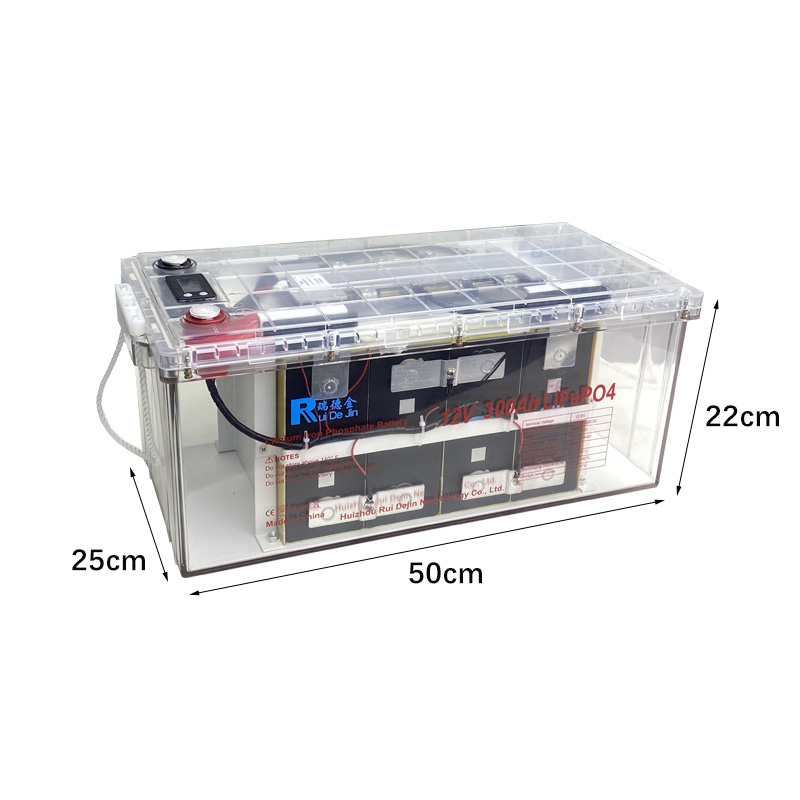The battery industry is currently undergoing a major transformation as technological advances and environmental concerns drive the development of new and improved battery technologies. From growing demand for electric vehicles to growing demand for energy storage solutions, the battery industry is undergoing a transformation that is shaping the way we power the world. In this article, we’ll explore the latest trends in the battery industry and how they are impacting industries from automotive to renewable energy.
One of the most significant trends in the battery industry is the rapid growth of the electric vehicle (EV) market. With efforts to reduce greenhouse gas emissions and combat climate change, many countries and automakers are investing heavily in electric vehicles. This has led to a surge in demand for high-performance batteries that can provide longer range and shorter charging times for electric vehicles. As a result, there is increasing focus on developing advanced lithium-ion batteries, solid-state batteries, and other next-generation technologies to improve energy density, longevity, and safety.
Another major trend in the battery industry is the increasing use of energy storage systems to integrate renewable energy. As the world transitions to a more sustainable energy landscape, the need for efficient energy storage solutions has become critical. Batteries play a vital role in storing excess energy generated by renewable energy sources such as solar and wind, then releasing it when needed to balance the grid and ensure reliable power supply. This has led to a surge in the deployment of large-scale battery storage projects and the development of innovative battery chemistries and designs tailored for grid-scale applications.
Additionally, demand for portable electronic devices continues to drive innovation in consumer electronics. Consumers are seeking longer battery life, faster charging and safer battery technology for their smartphones, laptops and other gadgets. This has led to ongoing research and development efforts to improve the performance and safety of lithium-ion batteries, as well as the exploration of alternative chemistries such as solid-state batteries and lithium-sulfur batteries. In addition, trends in miniaturization and flexible electronics are driving the development of thin, lightweight and bendable batteries that can power the next generation of wearable devices and smart textiles.
In the industrial sector, the need for reliable and cost-effective energy storage solutions is driving the adoption of batteries in a variety of applications, including backup power, peak shaving and load balancing. This trend is particularly evident in industries such as telecommunications, data centers and manufacturing, where uninterrupted power supply is critical to their operations. Therefore, there is a growing demand for advanced battery technologies with high energy density, long cycle life, and the ability to operate in harsh environmental conditions.
Additionally, the drive towards decarbonization and electrification is spurring innovation in the maritime and aviation industries. Electric propulsion systems for ships and aircraft are becoming increasingly feasible as advances in battery technology enable longer endurance and higher power outputs. This trend is driving the development of high-energy-density batteries and the exploration of alternative fuels such as hydrogen combined with batteries for hybrid propulsion systems.
In addition to technological advancements, the battery industry is also witnessing a shift towards sustainable and ethical sourcing of raw materials. The mining of minerals such as lithium, cobalt and nickel, which are critical to battery production, has raised concerns about the environmental impact and human rights issues in mining areas. As a result, there is an increasing emphasis on responsible sourcing practices and efforts to develop recycling and circular economy solutions to minimize the environmental footprint of battery production and disposal.
In addition, the increasing focus on energy efficiency and cost reduction is driving the development of advanced manufacturing processes for batteries. From electrode manufacturing to battery assembly, we work together to optimize production methods, reduce waste and improve the overall efficiency of battery manufacturing. This includes employing automation, digitalization and machine learning technologies to enhance quality control and process optimization.
Looking ahead, the battery industry will continue to grow and innovate as demand for energy storage solutions continues to grow across industries. The convergence of technological advancements, environmental sustainability and market demands is driving the development of next-generation batteries that deliver higher performance, increased safety and reduced environmental impact. As the industry continues to evolve, stakeholders must collaborate and invest in R&D to address the challenges and opportunities of the dynamic battery market.
Post time: Apr-15-2024

